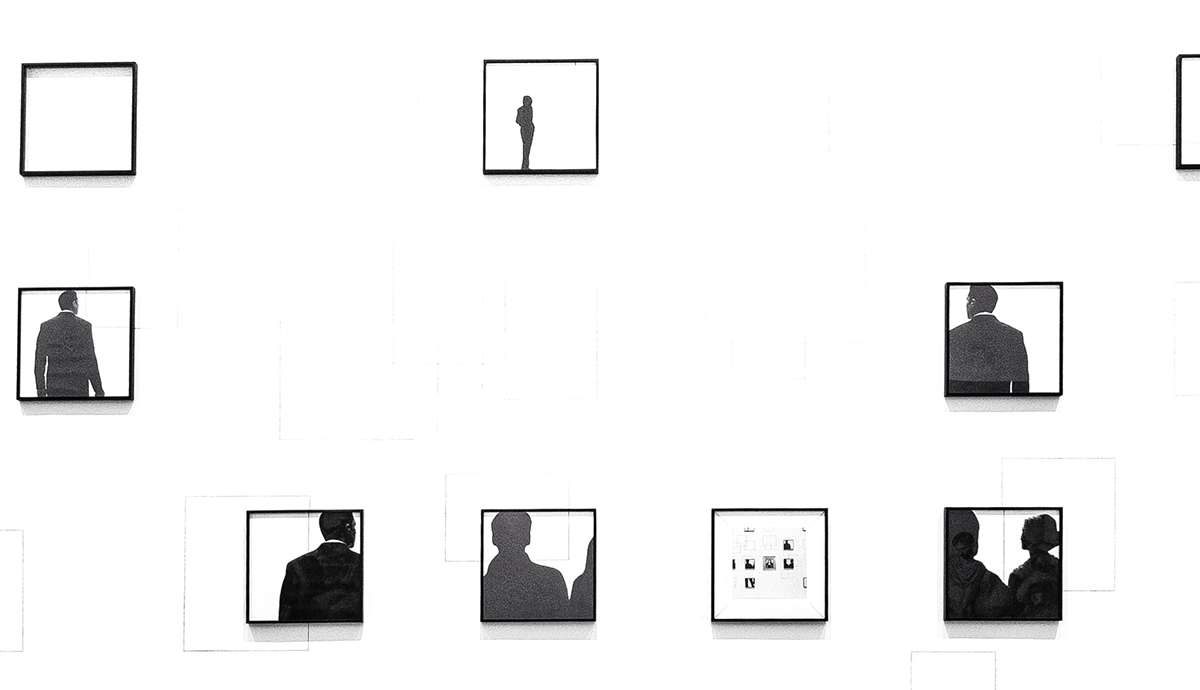COURAGE, CLARITY, TRUTH, UNCERTAINTY
Sympathetic and unsympathetic voice is about intent: whom and what one is writing for. It is what separates the likably mediocre from the uncomfortably moving.
Sympathetic poetry is written in service of the poet. Peer approval is sought out as she flaunts her craft, expresses flattering or pleasantly pitiable aspects of her character, writing only what she knows will increase the quality of her image in the reader's mind. She is on a pedestal, not in the trenches, and her voice speaks loftily of what the reader can only admire or sympathize with from a distance. She is careful not to expose any true unpleasantness or politically, philosophically disagreeable work lest it effect how she is perceived. She does not brag, but is humbly able to express both her strengths and shortcoming in endearing ways. She plays it safe, veering away from the full breadth of the truth.
While this approach to writing can be innovative, intelligent, and can expand the craft and cultural landscape of poetry, it does very little psychologically, spiritually, and philosophically, as it only restates what's already been publically agreed upon. As such it very rarely moves a reader to anything more than brief admiration and more often irritation and boredom.
The unsympathetic writer is concerned, in a JFK sort of way, less with what the poem can do for her, and more with what she can do for the poem, and thus for the reader. The unsympathetic poet enters into the frightening territory of writing the truth of who she is and sees, regardless of the acceptable or admirable norms she'll find approval in. When we enter into this realm of unsympathetic we sacrifice our desired self image in order to provide what very few do: truth. When we write without the censorship inherent in a ploy for likability we are free, admittedly frightening so, to show those things so few ever see, to add to the richness and diversity of the human experience. We promote empathy through exposure to those whose perspectives differ from our own while creating a haven in which those readers who resemble us find solace in the knowledge that they are not alone.
The unsympathetic writer offers Berryman's terrifying comfort. She uses herself as a tool, pillaging personal experience, opinions, anxiety, obsession, and uncertainty. She knows that it's not about her, that no one cares how well she looks. She knows that to reach the reader, the way she, as a reader would want to be reached, she must abandon her ego and say what's true regardless of anticipated backlash.
It's a scary business but it's worth it.





